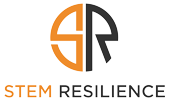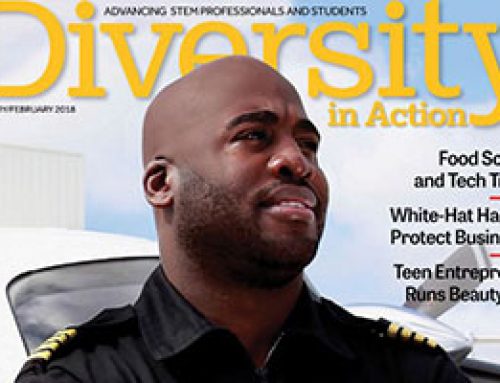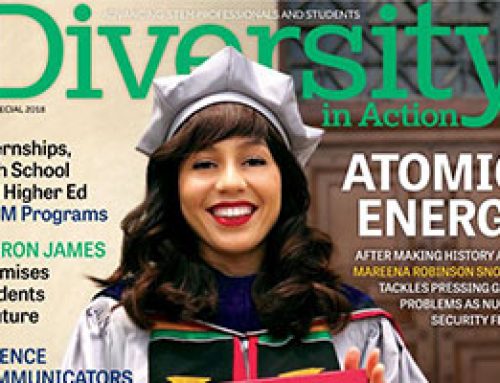This article is part of a series authored by Dr. Christine Grant and published in Diversity in Action magazine.
When I think of energy, I think of two extremes: my personal, intrinsic energy that motivates me every day, and the energy it takes to move myself from place to place. According to the Oxford dictionary, energy is formally defined in three main ways: the strength and vitality required for sustained physical or mental activity, the ability to be active, natural enthusiasm and effort; and power derived from the utilization of physical or chemical resources (i.e., usable power that comes from the heat, electricity, etc.), especially to provide light and heat or to work machines.
Two of the grand challenges for engineering articulated by the National Academy of Engineering are focused on energy: making solar energy economical and providing energy from fusion. According to the website, the latter challenge indicates that the “challenges facing the engineering community are to find ways to scale up the fusion process to commercial proportions, in an efficient, economical and environmentally benign way.” STEM professionals working in these areas are increasingly tasked with out-of-the-box thinking on ways to consider the costs, reliability and accessibility of energy on a global scale. The increasing importance of this effort has not been lost on the proposed national research and development budget. According to the American Association for the Advancement of Science’s Guide to the President’s Budget (2017), the administration proposes an almost 20 percent increase in the funding for applied energy research and development.
How we define energy has changed over time. I remember when I received my bachelor’s degree in chemical engineering in 1984, it was a low point in the hiring cycle for chemical engineers in what we then called oil or petroleum companies. Fast forward to the early 2000s, one of my chemical engineering graduate student advisees received his Master of Science under my direction and went to work for one of these “oil” companies, now referred to more broadly as “energy” companies due to the range of products and services they are considering in the energy arena, including wind, solar and nuclear.




Leave A Comment